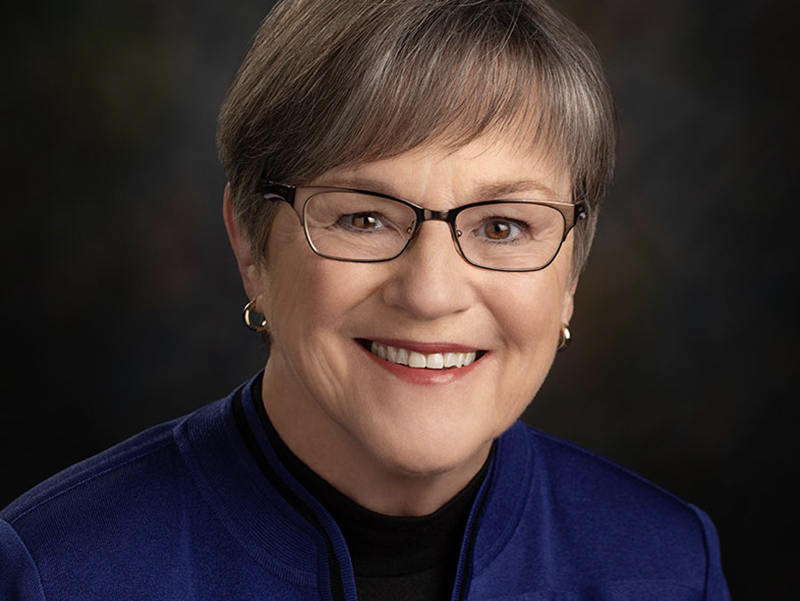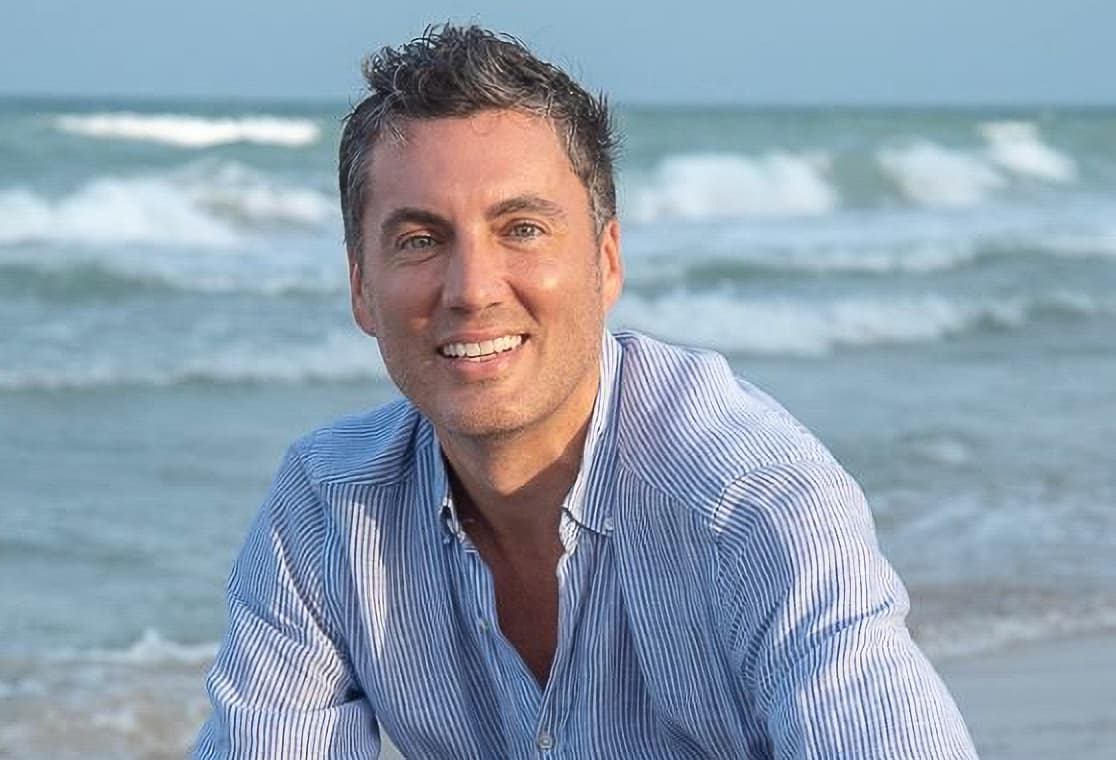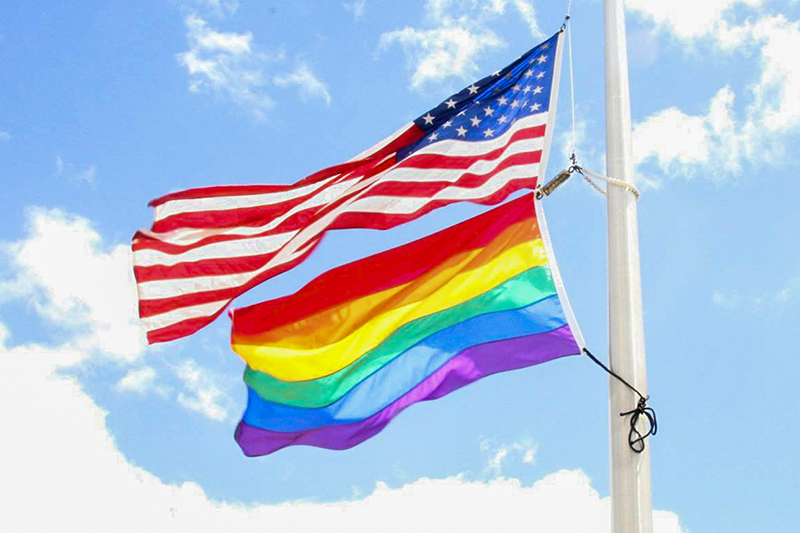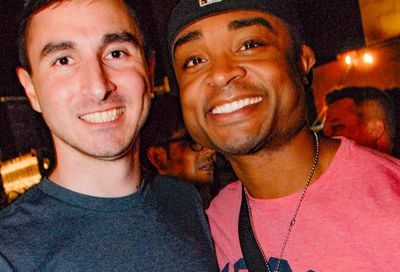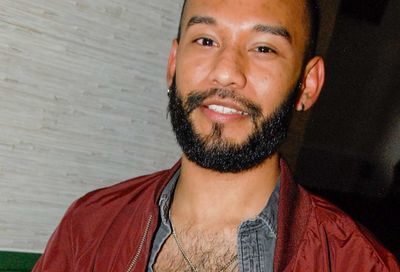Federal judge says Tampa’s conversion therapy ban violates free speech rights
Rationale for partial injunction could be used to challenge or curtail other broad-based bans on conversion therapy

A federal magistrate judge has struck a blow against bans on anti-LGBTQ conversion therapy, arguing that a ban in the city of Tampa may violate therapists’ free speech rights.
A pair of licensed marriage and family therapists, Robert Vazzo and David Pickup, and New Hearts Outreach, a Christian ministry organization previously sued the city of Tampa over its 2017 ordinance barring mental health professionals from subjecting youth to conversion therapy, which attempts to change the sexual orientation and gender identity of LGBTQ youth.
In their lawsuit, the therapists claimed that, because they only provide “talk” therapy to patients, the ordinance infringes on their First Amendment rights by gagging them from expressing disapproval of homosexuality and helping youth who may be struggling with their identity or do not wish to be gay, lesbian, or transgender.
The therapists also argue that the ban is trying to punish them because city officials disapprove of the content of their speech.
Last Wednesday, Magistrate Judge Amanda Arnold Sansone recommended that the courts should issue a preliminary injunction to stop the city from enforcing the ban on conversion therapy on mental health professionals who provide “non-coercive, non-aversive [sexual orientation change efforts] counseling — which consists entirely of speech, or ‘talk therapy’ to minors.”
But she also said the ban should remain partially in effect for therapists who engage in other non-speech methods, which can range from inducing vomiting to electroshock therapy.
Arnold Sansone claimed in her opinion that the therapists had sufficiently demonstrated that their free speech rights were being violated by the ordinance and that they would suffer harm if it continued to be enforced against them. She also argued that the ordinance was overly broad and constitutionally vague, and criticized the city for presenting no evidence of minors within the city of Tampa who have been harmed by conversion therapy.
“The plaintiffs sufficiently demonstrated they are likely to succeed in proving Ordinance 2017-47 is not narrowly tailored to serve the City’s interest in protecting minors because the City considered no lesser restrictions on mental health professionals’ speech,” Arnold Sansone wrote. “The plaintiffs, on the other hand, put forward suggested alternatives to Ordinance 2017-47’s total ban on conversion therapy — none studied or considered by the City.
“For example, the plaintiffs argue the City could have enacted a ban on involuntary SOCE counseling — as opposed to the voluntary, consensual counseling the plaintiffs provide. The plaintiffs also suggest the City could have more narrowly banned aversive conversion therapy techniques, like electroshock therapy, while permitting the plaintiffs’ ‘speech-only talk therapy.’ And the plaintiffs suggest the City could have required informed consent from minors and parents before a mental health counselor could provide SOCE counseling to a minor,” Arnold Sansone added.
Arnold Sansone’s report will now be sent to a federal district judge, who will issue a ruling that could end up partially blocking the ban on conversion therapy.
Arnold Sansone’s opinion runs counter to previous court rulings upholding broad-based conversion therapy bans in California and New Jersey, not just in its outcome, but in the rationale she used to reach her conclusion.
Based on Arnold Sansone’s reasoning, speech by medical professionals should be protected the same as any other speech, even if the therapist is giving fraudulent or misleading information or advice to a patient.
LGBTQ advocates particularly find that line of reasoning objectionable, noting that there is no scientific evidence that conversion therapy is successful in achieving its stated aims — that is, a complete change in one’s feelings of same-sex attraction or gender dysphoria.
Advocates also argue that conversion therapy can be harmful, pointing to studies claiming that people subjected to conversion therapy experience lower self-esteem and higher rates of depression and suicidal ideation.
That’s why several major mental health and medical organizations have condemned the practice and called it ineffective.
But, according to The Washington Post, advocates of conversion therapy are hoping that a recent Supreme Court decision allowing so-called “pregnancy crisis centers” to refuse to provide patients with accurate information about their pregnancies or the availability of abortion services may be used to strike down conversion therapy bans.
In the case in question, National Institute of Family & Life Advocates v. Becerra, the Supreme Court found that the “speech” of medical professionals who work at the centers — whose chief aim is to discourage women from obtaining abortions by any means possible — is protected by the First Amendment and should not be infringed because the government does not approve of the advice being provided to patients.

The conservative legal firm Liberty Counsel, which is representing the therapists and New Hearts Outreach, praised Arnold Sansone’s decision, saying in a statement that the city of Tampa has no authority to prohibit therapists from providing counseling to their clients as they see fit.
“This well-reasoned opinion underscores the serious First Amendment violations of laws that dictate what a counselor and client may discuss in the privacy of their counseling session,” Mat Staver, the founder and chairman of Liberty Counsel, said in a statement. “The government has no business eavesdropping inside the counseling session between a counselor and client.”
But LGBTQ advocates expressed alarm and disappointment at Arnold Sansone’s recommendations.
“The fact remains that LGBTQ minors are at risk of fraudulent and dangerous so-called ‘conversion therapy,'” said Jon Harris Maurer, director of public policy at Equality Florida, which is defending the law in court. “This lawsuit is being driven by Liberty Counsel, the same far-right extremists who recently attacked a bipartisan, anti-lynching bill that unanimously passed in the U.S. Senate just because it includes LGBTQ people. Equality Florida will not be deterred from protecting LGBTQ youth, and we applaud the City of Tampa’s leadership for taking a stand to do the same.”
“As a conversion therapy survivor, I know just how critical it is to protect minors from this dangerous practice,” Jose Vega, a Florida resident who underwent six years of unsuccessful conversion therapy, said in a statement. “Conversion therapy is life-altering. It almost shattered my life. We cannot allow anti-LGBTQ forces to roll back the progress we have made in protecting young people from the horrors of conversion therapy.”
Support Metro Weekly’s Journalism
These are challenging times for news organizations. And yet it’s crucial we stay active and provide vital resources and information to both our local readers and the world. So won’t you please take a moment and consider supporting Metro Weekly with a membership? For as little as $5 a month, you can help ensure Metro Weekly magazine and MetroWeekly.com remain free, viable resources as we provide the best, most diverse, culturally-resonant LGBTQ coverage in both the D.C. region and around the world. Memberships come with exclusive perks and discounts, your own personal digital delivery of each week’s magazine (and an archive), access to our Member's Lounge when it launches this fall, and exclusive members-only items like Metro Weekly Membership Mugs and Tote Bags! Check out all our membership levels here and please join us today!




